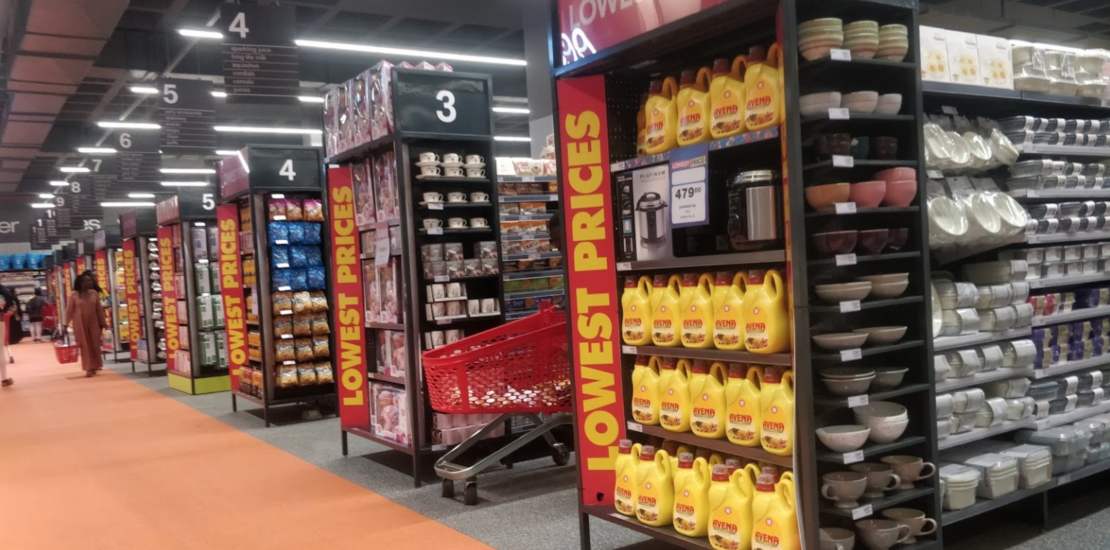- 21/04/2020
- Posted by: Julien Garcier
- Categories: Angola, Kenya, Nigeria, Retail, SagaRetail

South African retailer Shoprite has closed a supermarket in Nairobi’s Waterfront mall due to a significant decrease in foot traffic arising from the Covid-19 outbreak, which has seen a dusk-to-dawn curfew imposed in Kenya. Shoprite entered the Kenyan market in December 2018, and the closure of its Waterfront store leaves it with three outlets in Nairobi and Mombasa.
The Sagaci Retail View: Shoprite opened this supermarket in the affluent suburb of Karen just six months ago, and it is likely that it was struggling even before Covid-19 hit. As we have previously noted, Karen is perhaps the most competitive local retail market in Kenya, with no less than five modern malls (all of which are anchored by supermarkets or hypermarkets) operating within a 5km radius.
More broadly, this closure suggests that management in Cape Town may be reaching the limits of its patience with some of its underperforming international stores. The largest grocery retailer in sub-Saharan Africa with around 250 outlets spread across 14 countries, Shoprite had already been struggling in the key Angolan and Nigerian markets for a number of years.
With the global oil industry currently on its knees, it could finally decide to cut its losses in these markets. This would be particularly painful, as Shoprite also has a financial interest in Novare, the property developer that owns many of the malls it anchors in these markets. With this in mind, it could seek to franchise at least some of these outlets, rather than closing them outright.
More generally, the current crisis is exposing the fact that the likes of Shoprite are overdependent on shopping malls in SSA. With foot traffic to malls currently in free fall (according to Google Mobility data, visits to retail and recreation venues, such as malls and restaurants, declined by around half in Kenya, Angola, and Nigeria – 47%, 53%, and 52%, respectively – during mid-April, compared with earlier in the year), many supermarkets in these locations are seeing significant declines in sales.
Most SSA households do not own a car or have the means to buy in bulk. As a result, banners with smaller outlets that are located closer to residential areas (such as Quickmart in Kenya, CityDia in Ghana, Bem Me Quer in Angola, and CDCI in Côte d’Ivoire) are likely to prove more resilient in the current climate. Some international chains (most notably West African Carrefour franchise CFAO) were already in the process of shifting their growth strategy away from malls. Even Shoprite has done this to an extent (with its USave banner in Angola), but its broad reliance on malls may ultimately prove to be its undoing in at least some of its SSA markets.
If you want a deep dive into Shoprite’s SSA performance, operations, growth strategy, you may be interested in our Shoprite Retailer Research Report

